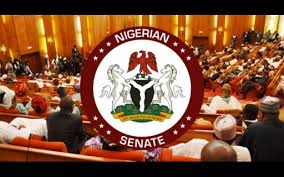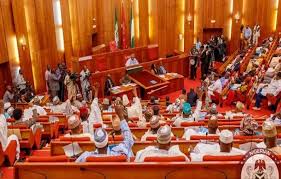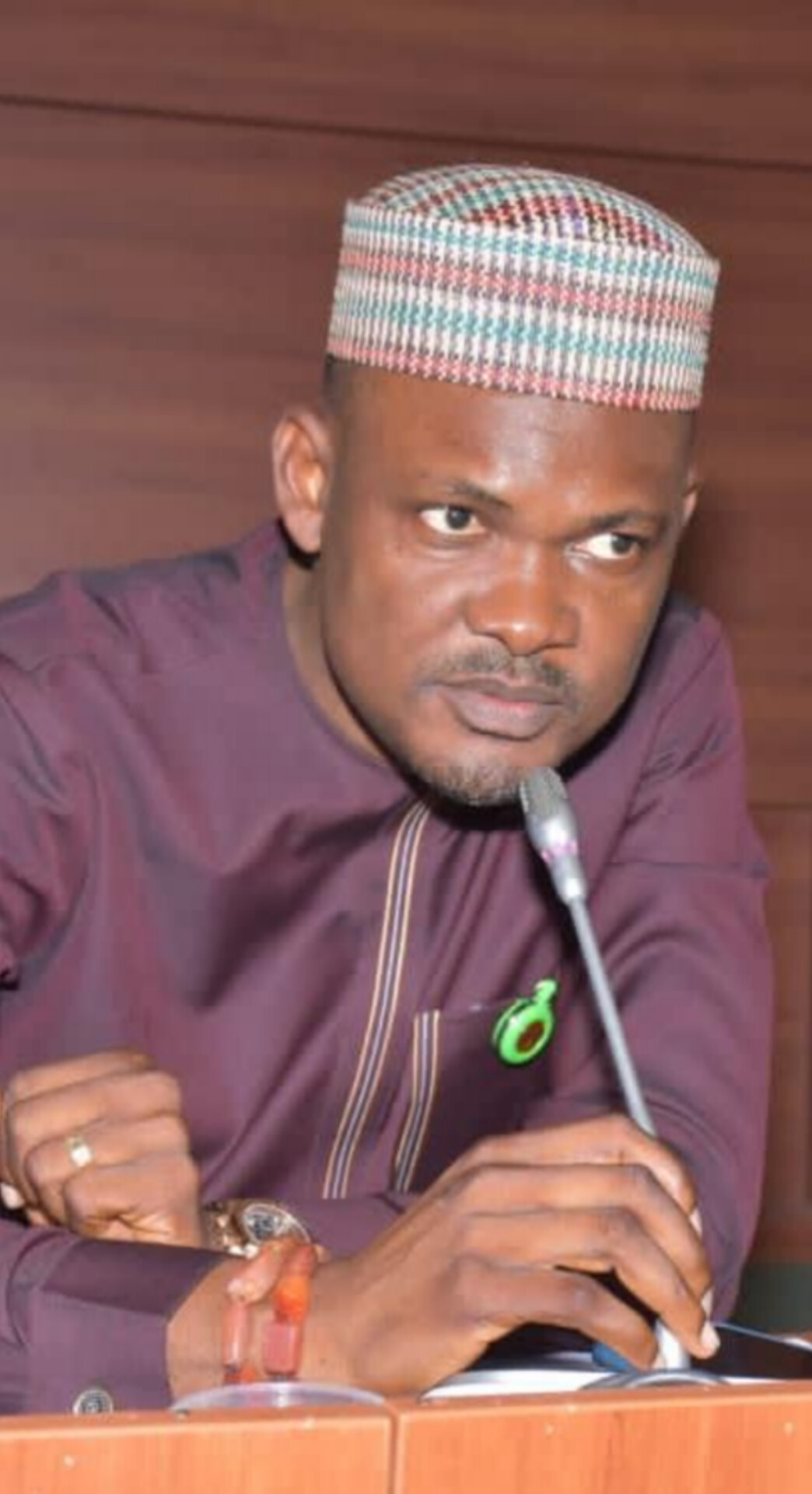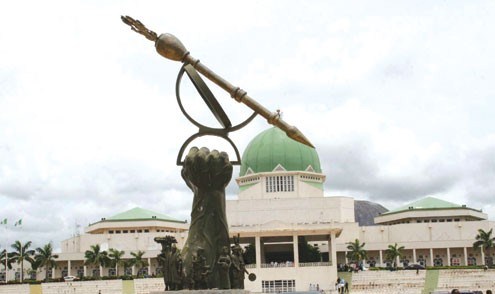The Senate has rejected the controversial National Water Resources Bill, 2023 after it was listed for concurrence on the order paper for consideration and passage on Tuesday
The rejection of the bill by the Senate had put an end to the controversy by governors and federal lawmakers mostly from the southern part of the country.
When the bill was read for concurrence on the floor of the Senate, Senator Gabriel Suswan from Benue North West raised Order 85 of the Senate Rules which provides that Senators must have full details of the provisions of any bill coming for concurrence.

Senator James Manager from Delta South who seconded Senator Suswan stressed the need to have details of the bill since provision was made for only the title of bill.
President of the senate Ahmad Lawan later ruled in favour of the rule cited and adjourned the plenary for the day.
It would be recalled that the House of Representatives had passed the bill in 2020 admist suspicion by members and general public.
Before the passage, Chairman of the House Committee on Water Resources, Sada Soli, said the Minister of Justice and Attorney-General of the Federation, Abubakar Malami (SAN), as well as commissioners for justice and attorneys-general of the 36 states of the federation had been consulted and the opinions received would be attached to the bill and distributed to all members.
A member of the House from Benue State, Mark Gbillah, had raised the alarm when the bill was to be taken for the first reading.
Only the short title of a bill is written on the Order Paper for first reading, while a long title, which has more details, is written when listed for second reading.
Gbillah said, “I am aware that the matter listed for first reading, the National Water Resources Bill, generated a lot of controversy within this honourable House and even across the country, and some of us wonder why this issue is still being re-presented on the floor of the House, because some of us are not comfortably in support of this bill in the first instance Mr speaker. I thought I should bring that to the notice of the Right Honourable Speaker.
The Speaker, Femi Gbajabiamila, who admitted that Gbillah “raised a very cogent point,” noted that Nigeria is a very diverse country and everybody’s sensitivity must be taken into consideration.
Gbillah, however, disagreed with the Speaker, stating that the lawmakers were duly elected and given the mandate to represent the interests of their constituents. He said, “Whatever the governors might have agreed upon may not be acceptable to us. It is we that have those powers as enshrined in the Constitution to enact legislation that will be binding on this country.”
There were fireworks in the House on September 29, 2020, with some members, mostly from the southern part of the country, raising various legal and procedural issues against the bill.
The President, Muhammadu Buhari had in 2017 presented the controversial bill to both chambers of the National Assembly, which seek to transfer the control of water resources from the states to the Federal Government.
The legislation was titled, ‘A Bill for An Act to Establish a Regulatory Framework for the Water Resources Sector in Nigeria, Provide for the Equitable and Sustainable Redevelopment, Management, Use and Conservation of Nigeria’s Surface Water and Groundwater Resources and for Related Matter.’
The summary of the bill reads, “This Act repeals the Water Resources Act, Cap W2 LFN 2004; River Basin Development Act Cap R9 LFN 2004; Nigeria Hydrological Services Agency (Establishment) Act, Cap N110A, LFN,2004; NationaI Water Resources lnstitute Act Cap N83 LFN 2004; and establishes the National Council on Water Resources, Nigeria Water Resources Regulatory Commission, River Basin Development Authorities, Nigeria Hydrological Services Agency, and the National Water Resources Institute.”
The proposed bodies, if established, will “provide for the regulation, equitable and sustainable development, management, use and conservation of Nigeria’s surface water and groundwater resources.”
Though the 8th House managed to pass the bill, the controversy had frustrated passage of the bill by the Senate.
The Senate had on May 24, 2018, considered the executive bill for second reading, during which senators were divided across regional lines.
While northern senators had supported the proposal and its objectives, their southern counterparts had opposed it.
Those opposed to the bill had pointed out that the bill, if passed into law, would further centralise power and resources of the country. This, they pointed out, would counter the move towards devolution of power domiciled with the Federal Government.




